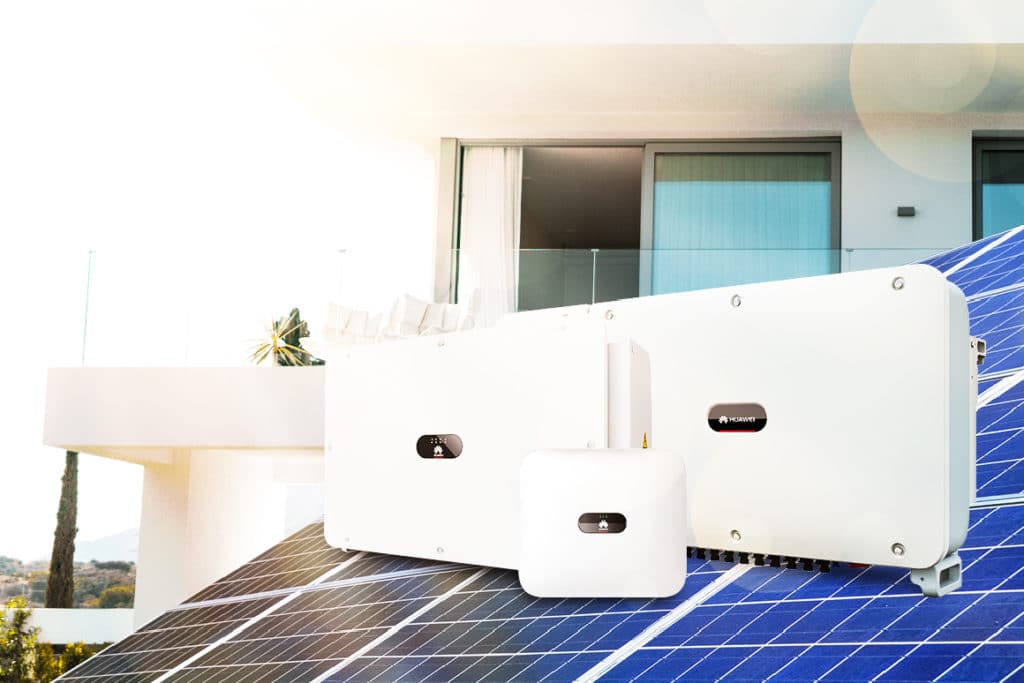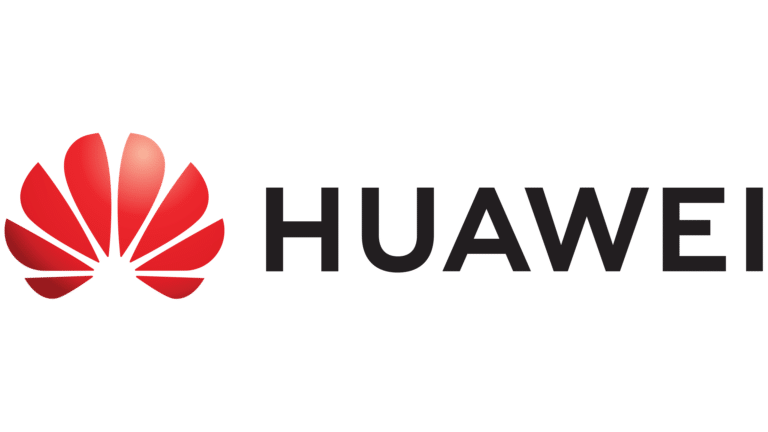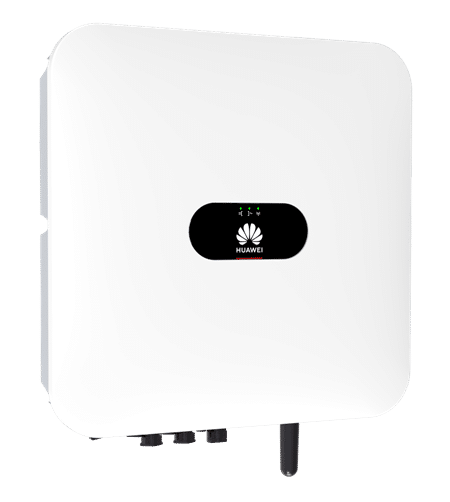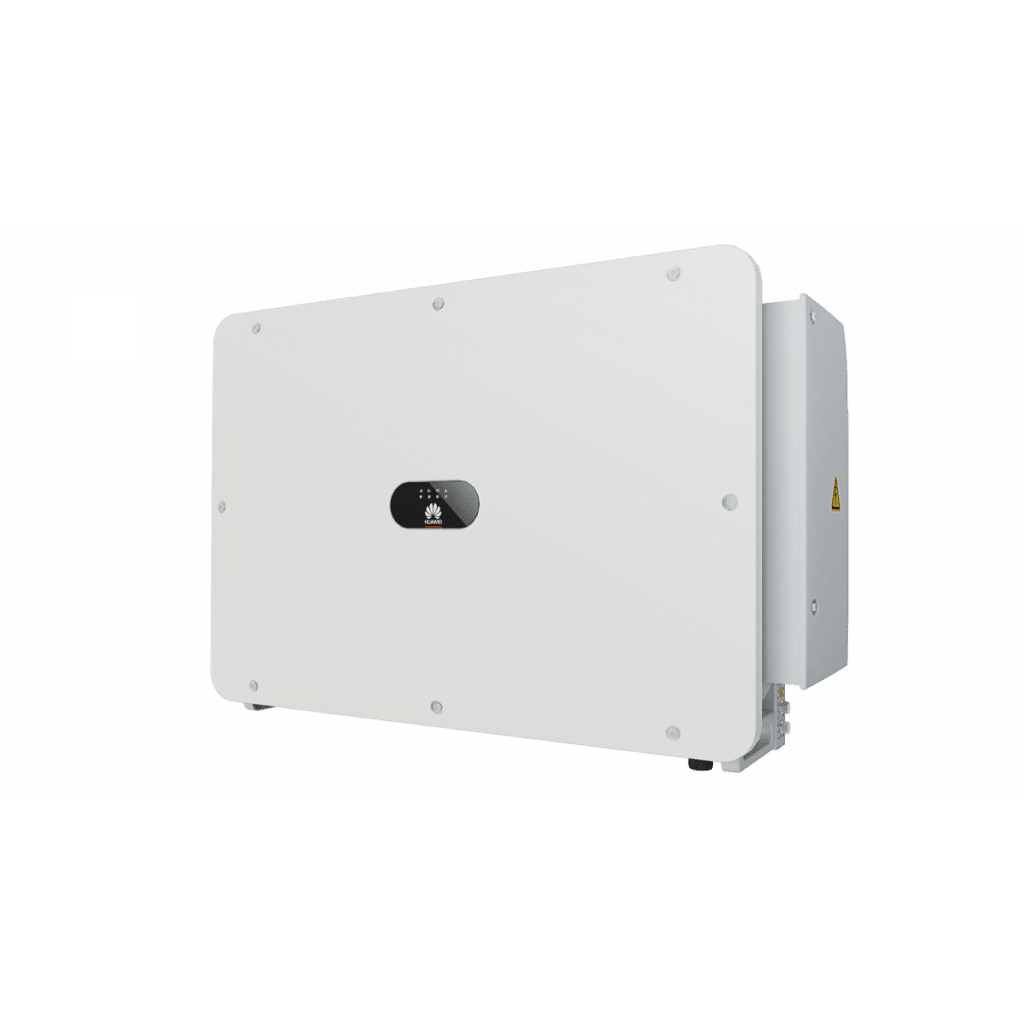The Heart of the PV System
Inverters
About Solar Inverters
How does an inverter work?
An inverter is a power converter, the central element of the PV system, which is responsible for the operation of practically the whole system. Its main task is to convert the generated direct current (DC) to alternating current (AC), suitable for supplying the electronic equipment of households, as soon as the solar panels are exposed to sufficient sunlight, and the necessary voltage is induced. In Hungary, this means a voltage of 230 V at a frequency of 50 Hz.
Modern solar inverters not only convert direct current to alternating current, but also perform a monitoring and optimization role. With their help, we can continuously monitor the operation of the system and view production data. In the event of an error, we can be notified so that we’ll correct it as soon as possible. Since it is a highly sensitive piece of equipment, which has to calculate continuously using a number of factors, the operation of the inverter is automated, so it can ensure the best possible efficiency with maximum safety.
Modern inverters don’t necessarily show key information and error messages through a display, but are capable of securely connecting via wired internet or even Wi-Fi. So if you don’t have on-the-spot access to the inverter, you can connect and extract key data remotely, using your computer or smart devices, via the application (Monitoring System) provided by the manufacturer. For most inverters, a GSM module can also be purchased if there is no traditional Internet access available.
Modern inverters are designed to operate both indoors and outdoors (they are also IP protected). However, since these are highly sensitive (and relatively expensive) devices, which we would like to operate error-free for as long as possible, it’s worth paying attention to a few things during installation. If possible, place it in a cool, dry and dust-free place indoors. It can be a boiler room, hallway, or any other place where it is easily accessible but protected from unauthorized access. However, it is not recommended to install them in the attic, due to the high temperature there in summer. In addition, during installation, the applicable legislation must be observed, and, for fire protection reasons, the inverter should be placed as close as possible to the PV panels.
It depends on the amount of power the PV system will need to supply to your electrical equipment. For the average household, single-phase inverters with a maximum power of 5 kW may be sufficient. However, if you own or plan to invest in electric heating or electric cars in the near future, you will definitely need a three-phase inverter with a power of over 5 kW. On April 30, 2021, the distribution regulation was changed, reducing the upper limit of single-phase systems from 5 kVA to 2.5 kVA:
“Single-phase generating units can be connected to the low-voltage network up to 2.5 kVA. Above 2.5 kVA, only 3-phase connection is allowed. In the case of a three-phase household-sized small power plant constituted from several inverters, the phase asymmetry may not exceed 2.5 kVA.”
The number of MPP trackers in inverters indicates how many different types or orientation/inclination PV strings can be connected at the same time.

It depends on the type of solar panels you want to connect. The rule of thumb is that the inverter’s rated power should deviate by no more than 10-20% from the total peak power of the solar panels. It’s therefore important not to underdesign your system, as in sunny summer weather, when the panels would be able to deliver more energy, the inverter would not be able to utilize all of it, so some would be lost.
Yes, an inverter is required both for feeding back to the power supply system and for isolated off-grid operation.
It is important to choose an inverter of sufficient quality from a reliable manufacturer, which can be installed in Hungary, and which is registered by the electricity suppliers. You should also consider the efficiency of the inverter. Modern units work with an efficiency of around 95-98%. Last but not least, of course, you should also pay attention to the warranty period and warranty conditions, as the goal is not having to replace the inverter for a long time.
Huawei FusionSolar inverters
Huawei is well-known in the Hungarian market, although mostly for its IT and telecommunications devices. However, this is not the only area where the manufacturer excels: it is a global leader in the development of smart solar solutions for residential, commercial and utility applications.
By integrating artificial intelligence and cloud technology, Huawei has taken the operation of PV systems to the next level, bringing a more efficient and reliable operation to everyday life.
Huawei’s FusionSolar smart PV solutions deliver higher power generation, active safety and a better user experience. You no longer have to rely on the products of several manufacturers, as the range not only offers inverters, but also the entire ecosystem of PV products: performance optimizers, smart meters, energy storage modules, connectable communication modules, and more.
With the FusionSolar mobile application and monitoring portal, you can remotely monitor all settings, statuses and parameters of the system on an easy-to-understand interface.
Huawei inverter - Benefits
Why choose Huawei FusionSolar inverters?
- Huawei is the world leader in inverter manufacturing
- Advanced digital control algorithm for optimized operation
- Industry-leading efficiency for minimal losses
- Winner of “The most innovative solar inverter” award
- Multiple certifications, reliable, professionally recognized
- Built-in Wi-Fi and free application for remote monitoring
- Ability to communicate over 4G/3G/2G networks (dongle required)
- Long warranty period (up to 10 years) for peace of mind
- Built-in battery connectivity
- Extremely low weight for one-person installation
- Very easy to set up; can be connected in less than 10 seconds
- Sophisticated cooling system and quiet, reliable operation
- No wearing parts, so the failure rate is close to zero
- Proactive fire protection powered by artificial intelligence
- Installation without dismantling for added reliability
- Standardized wiring connections, safe and reliable
- Class II DC and AC overcurrent protection
- Available as a complete system, with many accessories



